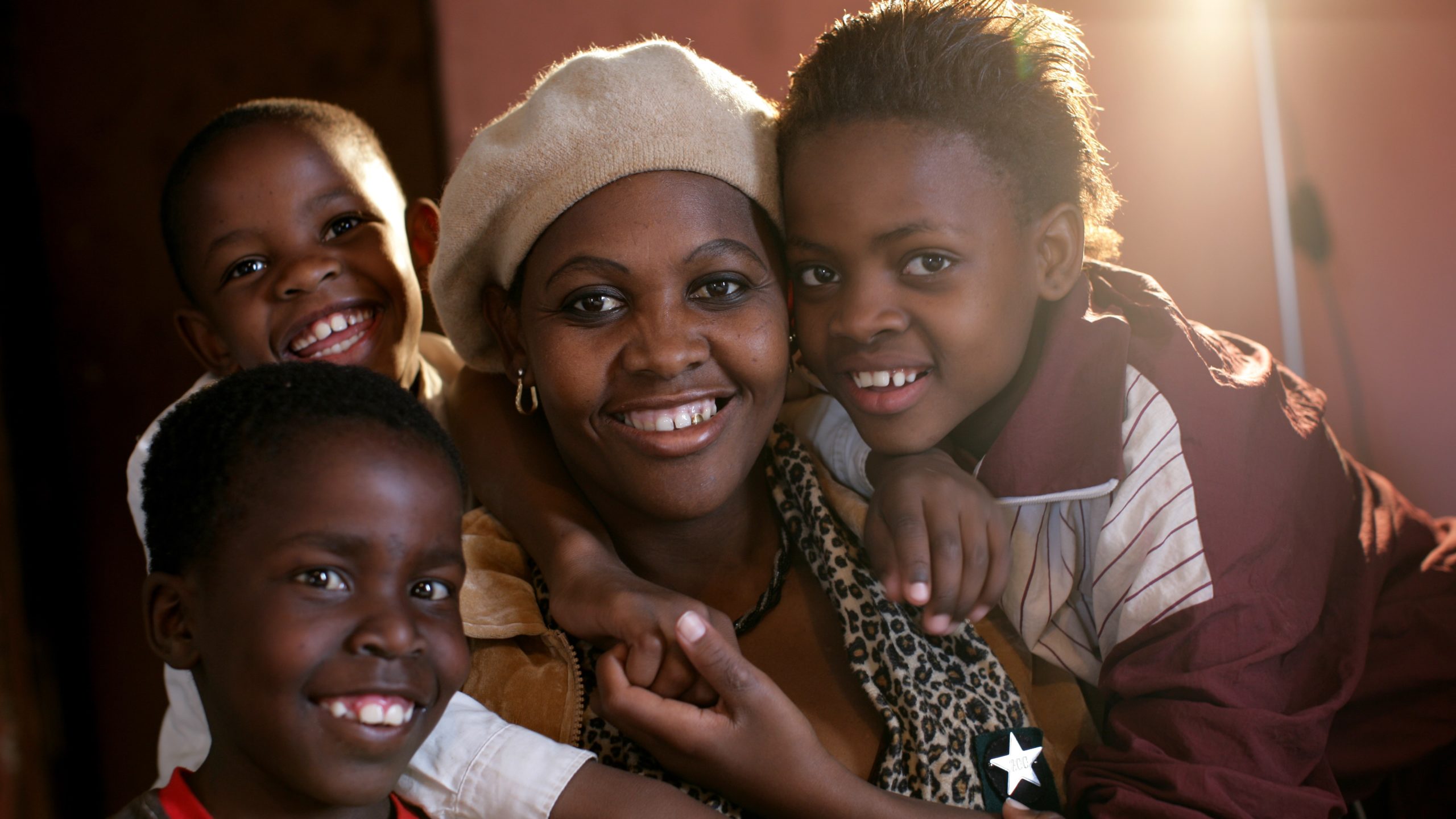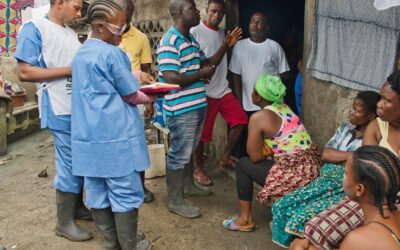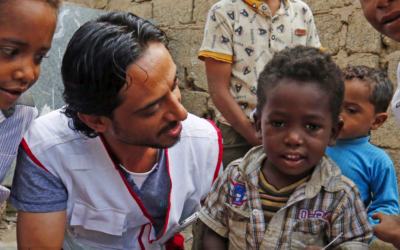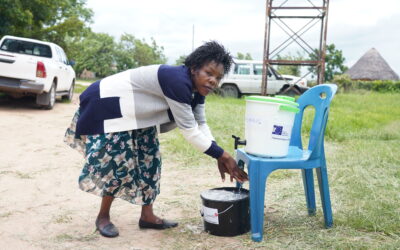Mask wearing is one of the main preventative measures to protect oneself and others against COVID-19. The harshest of the epidemic being hopefully behind us, let’s take a look back at how mask wearing was adopted and whether we can learn any lessons for any new epidemic that could appear. blablabla
TREND
Global
Based on the data we have gathered, the mask wearing trend at global level shows a sharp rise at the beginning of the epidemic from March 20 to June 20, a plateau, and a slow and finally sharp decrease from March 22.
By region
The same pattern can be observed for each region, with just different levels.
MASK POLICy
The most obvious driver to explain the evolution of mask wearing is the mask policy applied in each country.
Global
At a global level there is a good correlation between the level of mask policy and mask wearing – except since March 2022.
By Region
Across all regions mask wearing increases with stricter policies. The only exception is Asia where mask wearing is constant (maybe because this has a widespread habit long before COVID-19 there?)
Fragility index
Inhabitants of fragile countries are less likely to report mask wearing
By Gender
Women are more likely to report mask wearing
by age group
Mask wearing increases with age, except for the oldest group
How is your contry doing?
learn more
JAMA Network – Widespread Misinformation About Infertility Continues to Create COVID-19 Vaccine Hesitancy (Feb. 2022)
PubMed – COVID-19 vaccine acceptance and associated factors among women attending antenatal and postnatal cares in Central Gondar Zone public hospitals, Northwest Ethiopia (Feb. 2022)
Research Gate – Examining Enablers of Vaccine Hesitancy Toward Routine Childhood and Adolescent Vaccination in Malawi (Nov. 2021)
The Lancet – A Retrospective Analysis of the COVID-19 Vaccine Express Strategy in Malawi: An Effort to Reach the Un-Reach (Apr. 2022)
News Guard – Coronavirus Misinformation Tracking Center
data sources
Plots: various sources detailed in the RCCE dashboard





